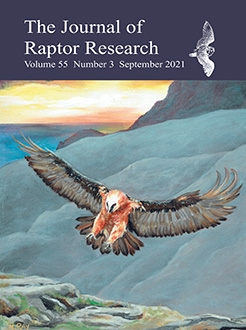African vulture populations are currently in rapid decline, due to a range of anthropogenic factors. These include intentional and unintentional poisoning; degradation, fragmentation, and loss of habitat; and the killing of vultures to obtain body parts for use in traditional medicine. Consequently, people living in rural communities adjacent to protected areas may have a negative or positive impact on their local vulture populations, and so understanding their attitudes towards vultures is imperative. We surveyed Traditional Health Practitioners (those who may [unlawfully] acquire vulture parts for use in traditional medicine) and other community members (those who are not Traditional Health Practitioners but who might use traditional medicine containing vulture body parts) to understand how they perceive vultures and the cultural beliefs associated with vultures in the Kruger to Canyons Biosphere Region, South Africa. We conducted 248 structured interviews with 197 community members and 51 Traditional Health Practitioners in nine villages in the Bushbuckridge Local Municipality, Mpumalanga Province, adjacent to protected areas. Our results showed that community members and Traditional Health Practitioners regarded vultures as beneficial to them for ecosystem services, as a cultural resource, and as a means of generating income. Community members and Traditional Health Practitioners generally had positive attitudes toward vultures, and community members were more inclined than Traditional Health Practitioners to like vultures. Both groups of respondents expressed a fear of vultures because of their aggressive feeding behavior and their physical appearance. Our results highlighted that vultures in our study area are traded and used in traditional medicines for various purposes. Contrary to what was previously thought, vultures are indeed used in traditional medicine close to the Kruger National Park. Our interviewees expressed a desire to learn more about vultures, and this could be a starting point to increase conservation education for these species. There is a need to raise awareness of vulture population declines among all community members in Bushbuckridge and to highlight the human health risks of using poison for pest control.
How to translate text using browser tools
1 September 2021
Traditional Health Practitioners' and Other Community Members' Perceptions of Vultures in the Kruger to Canyons Biosphere Region, South Africa
N. Mbali Mashele,
Lindy J. Thompson,
Colleen T. Downs
ACCESS THE FULL ARTICLE

Journal of Raptor Research
Vol. 55 • No. 3
September 2021
Vol. 55 • No. 3
September 2021
Community members
Greater Kruger National Park
Kruger to Canyons
muthi
perceptions
traditional health practitioners
traditional medicine





